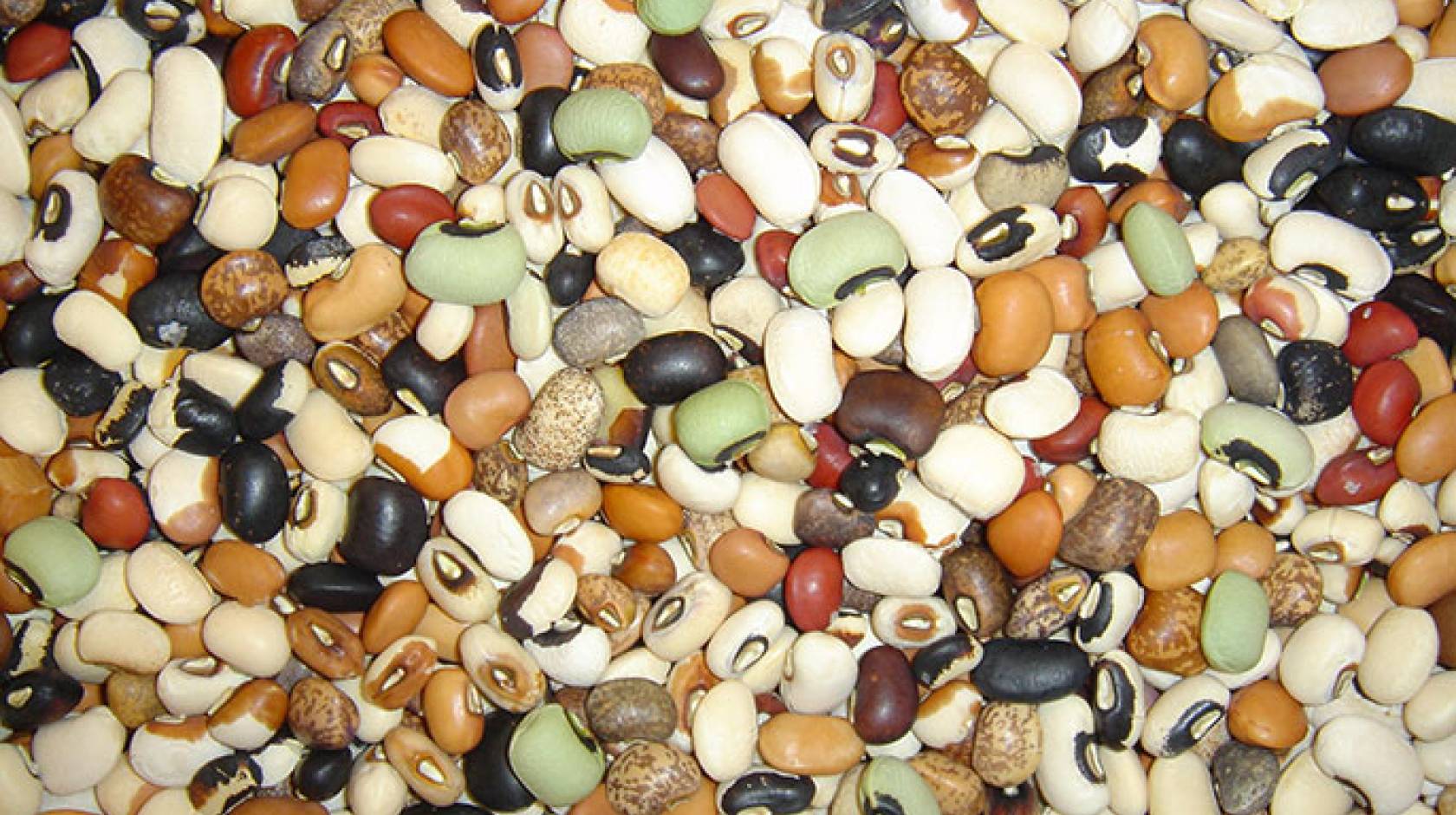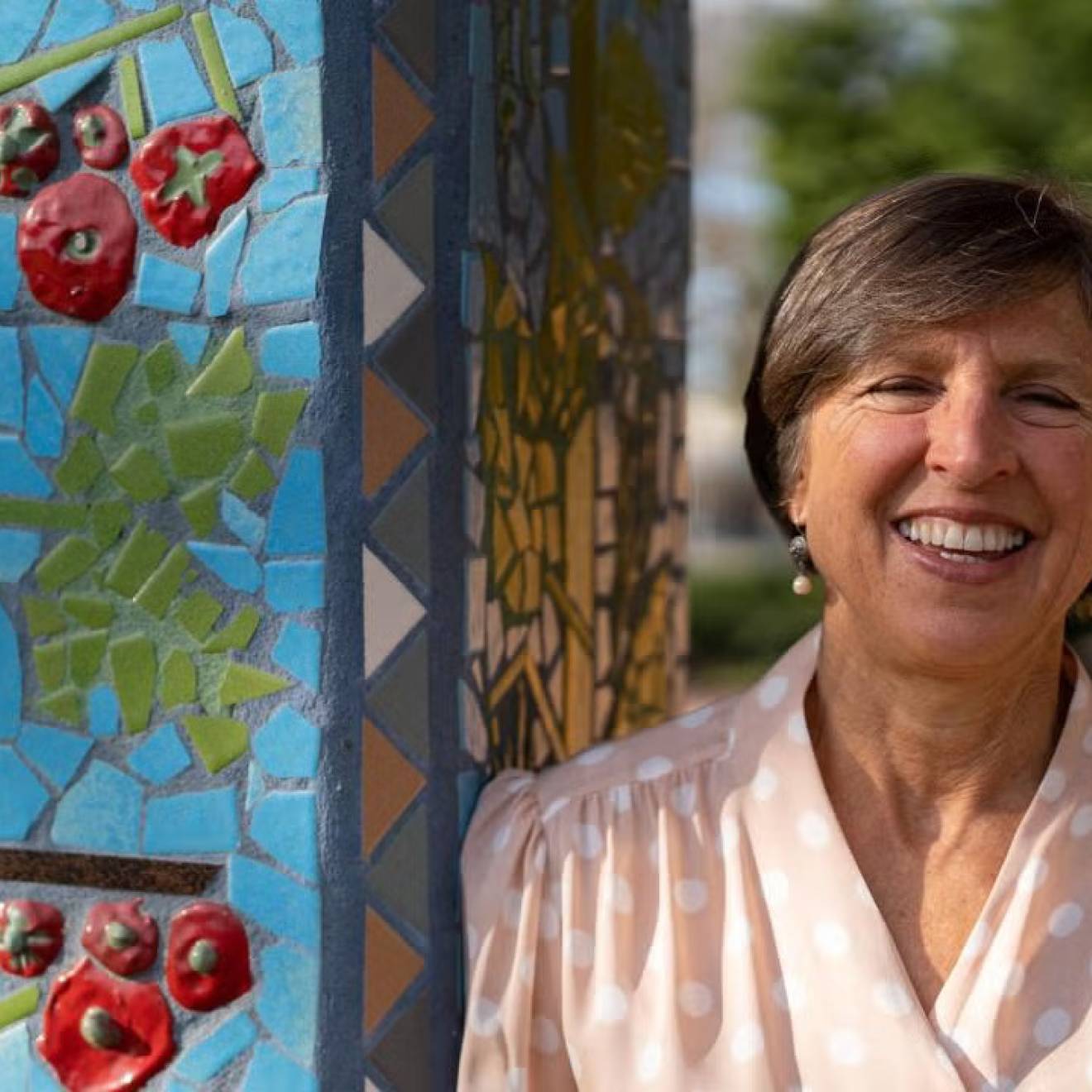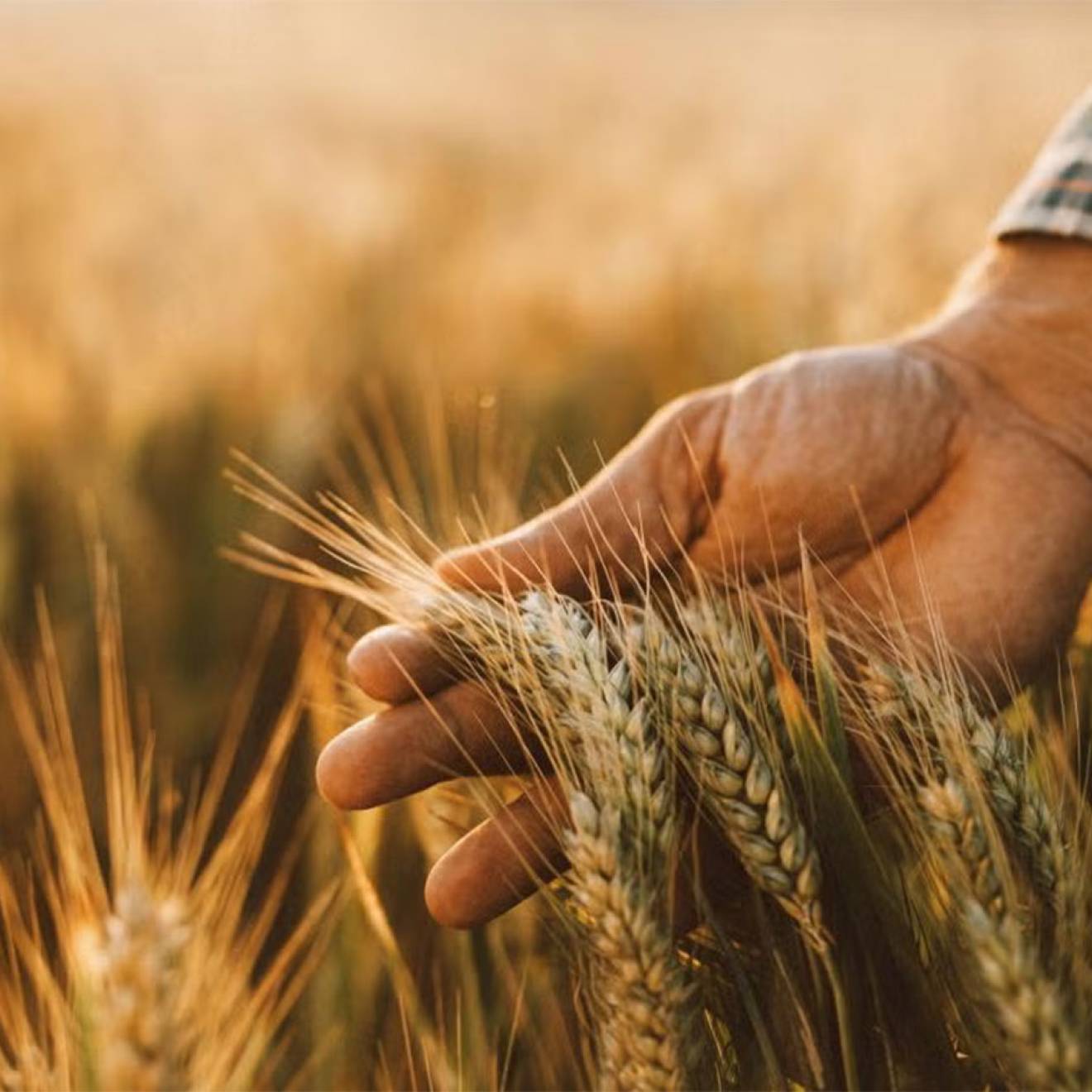Iqbal Pittalwala, UC Riverside

Grown as blackeyed peas in the United States, cowpea provides the full complement of amino acids to build proteins when combined with cereals such as sorghum, millet or maize. It is vital in the human diet in sub-Saharan West Africa, where meat is limited or unavailable.
“Food Security for Africa: The Cowpea Story From Lab to Plate” is the topic of the next free public lecture at UC Riverside in a new lecture series on the science of food and health.
Presented by the College of Natural and Agricultural Sciences in partnership with the California Agriculture and Food Enterprise (CAFÉ) at UCR and the UC Global Food Initiative, the lecture will take place Thursday, April 23, from 5:30-6:30 p.m. in rooms D and E, UC Riverside Extension Center, 1200 University Ave., Riverside. Seating is open. Free parking will be provided to lecture attendees.
The lecture will be given by Philip Roberts, a professor of nematology at UCR; Timothy Close, a professor of genetics at UCR; and Jeff Ehlers, a program officer at the Bill and Melinda Gates Foundation.
“Cowpea holds important status in Africa as a crop adapted to poor soil and water-limited environments,” Roberts said. “Nevertheless, cowpea grain yields of African farmers are only 10-20 percent of the attainable yield. Our challenge is to boost cowpea yields to feed an expanding population.”
Supported by the U.S. Agency for International Development (USAID) and the Gates Foundation, a research team led by Roberts and Close is capitalizing on the natural variation in cowpea resistance to pests and pathogens as well as tolerance to drought and heat.
“Advances in genomics technologies overlaid on conventional breeding allow us to mark traits and then move them into improved varieties using marker-assisted selection,” Close said. “Our collaborative breeding programs are focused in several countries including Burkina Faso, Ghana, Nigeria, Senegal and Mozambique.”
At UCR, Roberts is the chair of the Department of Nematology. His research focuses on the genetics of resistance and tolerance to biotic and abiotic stresses of vegetables and agronomic crops, and the deployment of resistance through plant breeding and integrated pest management strategies. A major focus is the resistance to nematodes and fungal pathogens of cowpea and other grain legumes, carrots, cotton and tomato.
Close’s research group is presently working on cowpea, barley and citrus. His research is in agricultural plant genomics, which encompasses tool development, such as genetic maps, and the identification and use of naturally occurring genetic variation in crop plant germplasm.
Ehlers recently retired from UCR after more than 20 years. He has worked in Kenya as a legume breeder, and as a breeder of wild rice in Northern California. At the Gates Foundation, he manages and co-manages several major legume-focused grants. At UCR he worked as a non-tenure track faculty member on various projects serving the legume industry in California and small-holders in Africa. His variety ‘California Blackeye No. 50’ is among the two top varieties of blackeyed pea-type cowpea in the United States.
While at UC Riverside, Ehlers, funded by the Gates Foundation, collaborated with Close, Roberts and students to develop high quality genetic and physical maps of cowpea. The team identified in cowpea several dozen markers of economic importance and implemented modern breeding in this orphan crop in collaboration with African breeding programs.
The other two talks in “The Science of Food and Health” series are:
- “Seeds of Change: UCR’s Healthy and Sustainable Food Initiative” on May 7.
- “What You Eat Is How You Feel: Nutrition and Its Impact on Immunity and Health” on May 21.

